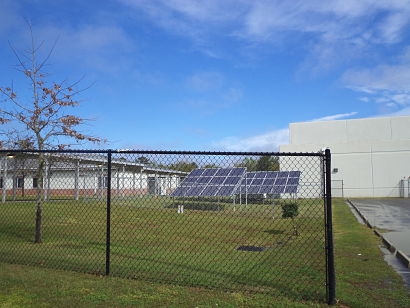
The new bill, HB 1133, establishes a pilot program in the Florida Keys to install on-site solar generation and energy storage to provide electricity to critical facilities during grid outages or failures, like the recent Hurricane Irma.
The pilot program will measure the benefits of resilience assistance to support the energy needs of critical facilities, such as emergency shelters, hospitals and health facilities, airports, and emergency response units, like police and fire departments. Solar and energy storage can immediately offset these facilities’ power needs, provide backup energy during a grid outage, and store energy isolated from the utility’s electrical system for emergencies. They also eliminate the need for back-up diesel generators.
“As we’ve recently experienced first-hand with Hurricane Irma, there’s nothing more crucial in the wake of a disaster than power” said Florida State Representative Holly Raschein, who is HB 1133’s main sponsor. “Onsite solar energy storage systems are a forward-thinking solution to improving the security of energy supply at critical local facilities. Given that Florida is the Sunshine State, it only makes sense to tap into this resource when planning for stronger communities that are more resilient in recovering from a disaster.”
Abigail Ross Hopper, SEIA’s president and CEO, added that the bill is a crucial step in preparing Florida for future emergencies and that making sure that the state’s first responders and critical facilities have the power they need to deliver life-saving services during emergencies should be a top priority for any state. Solar plus storage is the easiest and most effective solution.
Image: Solar panels at Jefferson County Middle High School, Monticello, Florida
For additional information:

